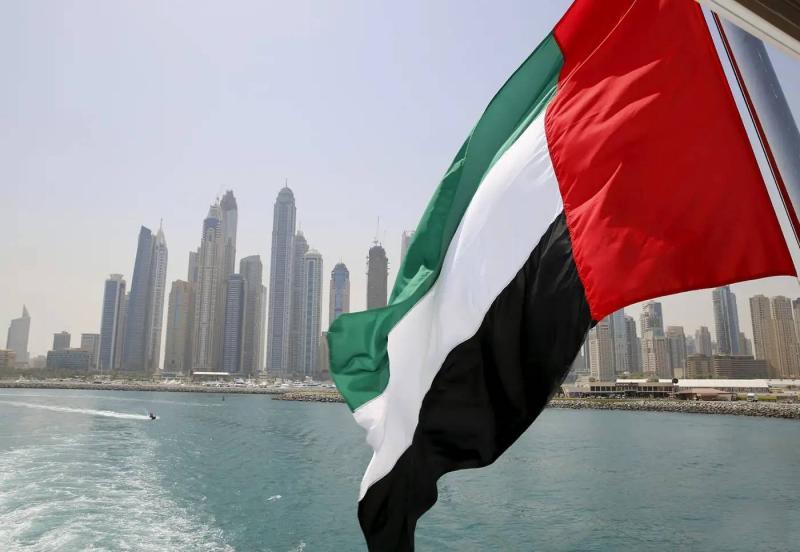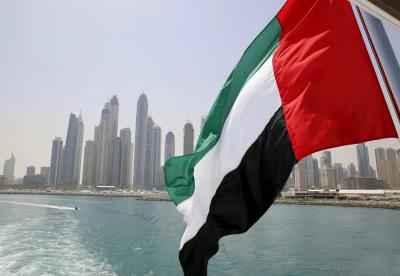The United Arab Emirates has secured the top position in the Arab economies competitiveness index, according to the Arab Monetary Fund. The fund stated, "The UAE's continued dominance is attributed to improvements in all major sector indicators, including macroeconomic factors and the investment environment and attractiveness." The report further added that the UAE took first place in the government finance sector index, achieving the top rank in the deficit/surplus relative to GDP, and the second rank in the tax burden index.
The report noted that "the UAE achieved first place among Arab countries in terms of the investment environment and attractiveness, and also ranked first in the economic freedom index due to its advanced position in all sub-indicators." The UAE led the rankings in the infrastructure sector index, gaining first place in mobile phone subscription rates, the percentage of the population with access to electricity, and second place in air transport and freight share of total global transport and freight.
Additionally, the UAE ranked first among Arab countries in the governance and institutions sector index, earning an advanced position in the indicators of combating administrative corruption and government effectiveness. The Arab Monetary Fund report emphasized that "many Arab countries have adopted various national strategies and visions aimed at enhancing productive capacity, improving the efficiency of produced goods, and increasing focus on productive sectors," indicating that Arab nations are striving to develop service sectors, facilitate the business environment, and improve infrastructure to address challenges that hinder their competitiveness.
The report pointed out that "the national efforts of Arab countries aim to achieve economic stability and enhance sustainable economic development, thereby raising living standards," noting that "these strategies included a set of economic and social policies such as enhancing investments in local industries and improving the business environment to attract more foreign investments."
It also stated that Arab countries have focused on developing education and training the workforce to ensure the availability of necessary skills for productive sectors and services, as well as working on improving infrastructure through major infrastructure projects such as road and port development and providing modern logistics services, which bolsters countries' capabilities to export their products and achieve global competitiveness.
The report forecasted that "the improvement in economic competitiveness and enhanced productivity will contribute to the diversification of Arab economies and the creation of job opportunities, thereby achieving sustainable economic development and enhancing the living standards of citizens."




